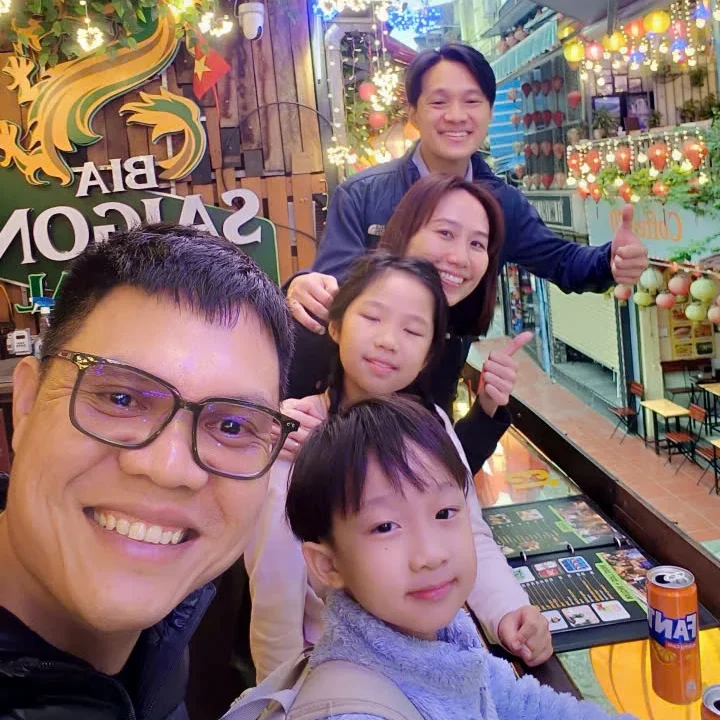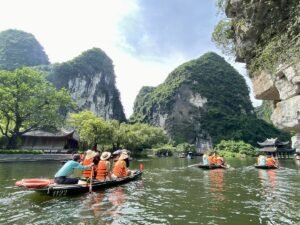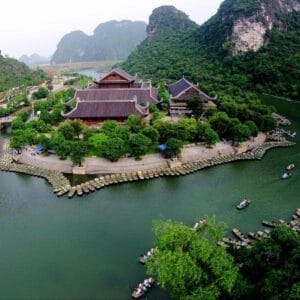Green Travel Vietnam: A Practical Guide to Reducing Plastic Waste
Traveling sustainably isn’t just a trend—it’s a responsibility and an opportunity for a deeper, more connected journey. As tourism in Vietnam continues to flourish, so does its environmental impact, especially when it comes to the pervasive issue of single-use plastic. From the ubiquitous iced coffee served in a plastic cup to a delicious bánh mì handed over in a plastic bag, it’s incredibly easy for even the most well-intentioned traveler to contribute to the waste crisis. But here’s the good news: green travel in Vietnam is not only possible, it’s empowering.
This guide offers practical, experience-tested strategies for minimizing your plastic footprint. It’s a roadmap for achieving plastic-free travel in Vietnam, or getting as close as possible. Whether you’re motorbiking through the mountains or relaxing on a southern beach, these sustainable travel tips for Vietnam will help you tread lighter and leave a positive legacy, proving that a commitment to zero waste travel in Vietnam enhances, rather than hinders, the adventure.
1. Why Plastic-Free Travel Matters in Vietnam
To understand the importance of reducing plastic, it’s helpful to see the bigger picture. Vietnam has thousands of kilometers of stunning coastline, but it is also one of the world’s top contributors to ocean plastic pollution. A significant amount of waste finds its way into vital river systems and, eventually, the sea, directly impacting the ecosystems that draw travelers here—from the coral reefs around Phu Quoc to the marine life in Ha Long Bay.
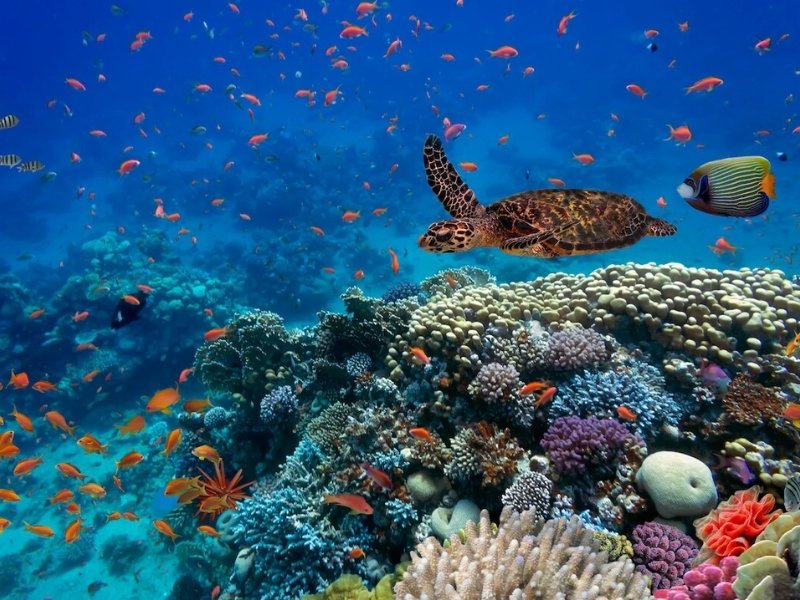
While the government and NGOs are stepping up efforts to improve waste management, the infrastructure is still developing. This is where travelers can play a crucial role. Choosing zero waste travel in Vietnam is about more than just a clean beach. It’s about protecting wildlife, supporting innovative local eco-businesses, and helping to preserve the country’s breathtaking natural beauty for future generations. Your conscious choices contribute to a larger movement of green travel in Vietnam.
“Small habits, multiplied by millions of visitors, make a massive difference. Every traveler who refuses a plastic straw or refills a water bottle sends a powerful message that sustainable tourism is valued. It encourages local businesses to adapt and helps build a greener future for everyone.” — Nguyen Thi Hoa, Sustainability Officer, Sun Getaways Travel
2. Eco-Friendly Packing: Start Green Before You Go
The foundation of a successful low-waste trip is laid before you leave home. A thoughtfully packed bag empowers you to refuse single-use plastics from the moment you arrive. This is the first and most crucial step in your eco-friendly packing for Vietnam. Think of these items not as extra baggage, but as your essential toolkit for responsible travel.
Must-Have Items for Zero Waste Travel in Vietnam
- Reusable Water Bottle (with a Filter): This is your single most important item. Tap water is not potable in Vietnam, so a bottle with a built-in filter (like a LifeStraw or Grayl) is a game-changer. It gives you the freedom to refill from various sources, saving you money and preventing dozens of plastic bottles from entering the waste stream. An insulated bottle is also a great choice to keep your water cold in the tropical heat.
- Lightweight Cloth Tote Bag: This is non-negotiable. It folds down to almost nothing and is invaluable for everything from shopping at local markets to using as a day bag. This simple item is a pillar of plastic-free travel in Vietnam.
- Travel Cutlery Set & Reusable Straw: A compact set including a fork, spoon, and chopsticks made from bamboo or metal is perfect for street food adventures. Add a reusable straw for the fantastic fruit smoothies and iced coffees.
- Collapsible Food Container: This is incredibly useful. When you find a delicious-looking bánh mì, you can simply hand over your container instead of taking a styrofoam box and plastic bag.
- Solid Toiletries: This is one of the easiest wins for eco-friendly packing for Vietnam. Shampoo bars, conditioner bars, and solid soap are plastic-free, spill-proof, and compact.
- Eco-Friendly Sunscreen and Mosquito Repellent: Look for reef-safe sunscreens to protect Vietnam’s delicate coral ecosystems and repellents in non-plastic containers where possible.
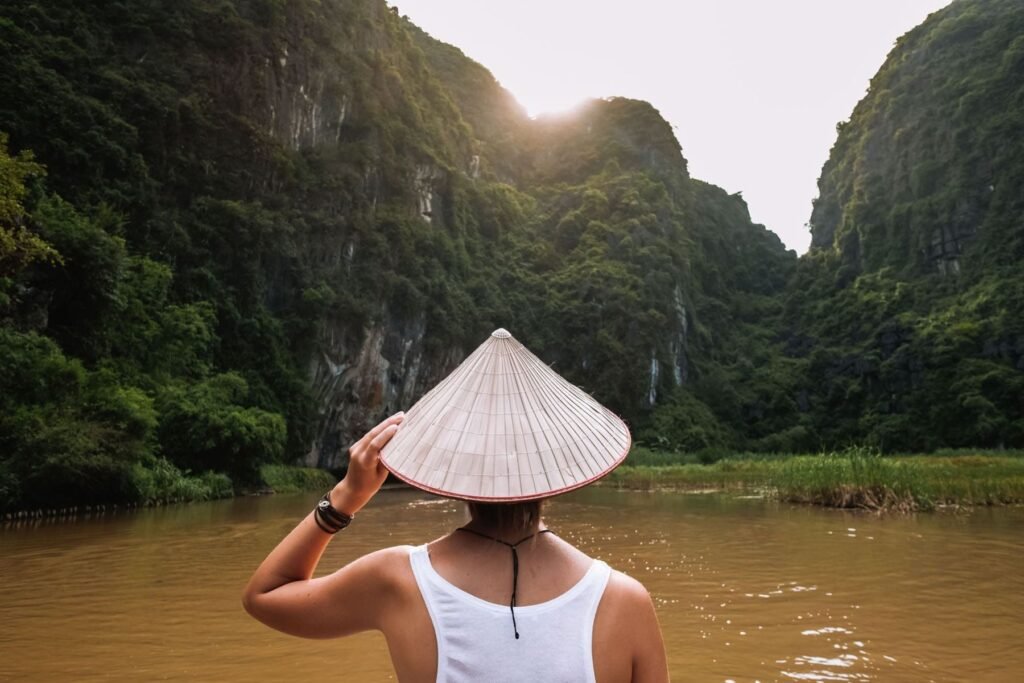

Packing smart is a proactive strategy. By having these tools, you eliminate the need to rely on the convenience of single-use plastics, setting yourself up for a successful journey in green travel in Vietnam.
3. Plastic-Free Travel Habits On the Ground
Once you’re in Vietnam, reducing your plastic footprint comes down to a series of simple, conscious habits. These sustainable travel tips for Vietnam quickly become second nature.
Say No to Single-Use Plastic
- Politely Decline: A simple “Không, cảm ơn” (No, thank you) with a smile when offered a plastic bag or straw goes a long way.
- Eat In, Don’t Take Away: Vietnam’s street food culture is best experienced on a tiny plastic stool. Instead of getting your phở to go in a plastic bowl, take five minutes to sit down and enjoy it properly. This not only saves waste but also offers a more immersive cultural experience.
- The Coffee Challenge: Vietnam’s coffee culture is a major source of plastic cups. Be ready with your own reusable cup. Many modern cafes will happily accommodate you.
Choose Green-Friendly Accommodations
Where you stay can have a big impact. Look for eco-lodges or hotels that demonstrate a commitment to sustainability. Visible practices like a water refill station in the lobby or refillable dispensers for toiletries are positive signs. Your choice supports the growing infrastructure for green travel in Vietnam.
To choose green accommodations for responsible travel, be sure to read our Sustainable Tourism Vietnam Guide: Your Eco-Friendly Planner.
Support Zero Waste Initiatives
Seek out and support the local businesses leading the charge in the zero-waste movement. In cities like Hanoi, Hoi An, and Ho Chi Minh City, you can find refill stations and stores selling package-free goods. Supporting them is a direct investment in the future of zero waste travel in Vietnam.
4. Challenges & What to Expect: Progress, Not Perfection
Embarking on a journey of plastic-free travel in Vietnam is an admirable goal, but it’s crucial to approach it with a realistic and compassionate mindset. Even with the best preparations, you will encounter situations where avoiding plastic is difficult, if not impossible, especially as you venture into more rural or remote areas where single-use items are deeply ingrained in daily commerce.
The key is to embrace the philosophy of “progress, not perfection.” The goal is not to achieve an unattainable, perfect zero-waste record, which can lead to frustration. Instead, it’s about being a conscious traveler who consistently makes better choices whenever possible. If you end up with a plastic bag from a remote market or a bottle of water during a long bus ride, don’t beat yourself up. Every single time you successfully refuse a plastic item or refill your bottle, you are making a positive impact.
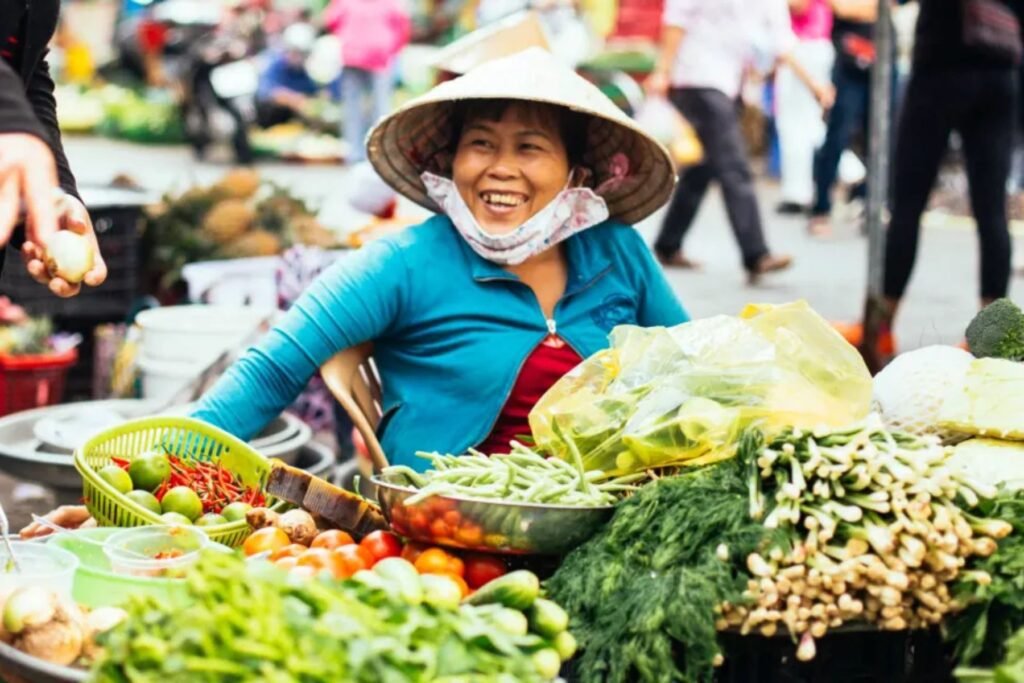

Here’s how to navigate the challenges:
- Be a Patient Ambassador: Some vendors, especially older ones in local markets, may be genuinely confused when you refuse a bag or present your own container. They see providing a bag as part of good customer service. Approach these interactions with a smile and patience. Don’t be judgmental; instead, see yourself as a positive ambassador for a different way of traveling.
- Manage Your “Accidental” Waste: When you do end up with a plastic bottle or bag, don’t just discard it in the first public bin. Carry it with you until you return to your hotel or a larger town. By separating your clean plastics from other trash in your hotel room, you make it easier for the informal network of “waste pickers” (người nhặt ve chai) to collect, sort, and sell these materials for recycling, ensuring they don’t end up in a landfill.
- Focus on the Big Wins: Remember that your most significant impact comes from the big, consistent habits. Faithfully using your reusable water bottle every day will prevent dozens of plastic bottles from being used. Consistently using your tote bag will save countless plastic bags. These are the victories that truly matter.
5. Frequently Asked Questions (FAQs)
Q1: Is tap water safe to drink in Vietnam?
No, it is not recommended to drink tap water directly. It should always be boiled or filtered. This is why a reusable bottle with a built-in filter is so highly recommended as part of your eco-friendly packing for Vietnam.
Q2: How do I find hotels that are genuinely eco-friendly?
Look for transparency. Do they openly state their green policies on their website, such as a “no single-use plastic” policy or water refill stations? Reading recent reviews from other travelers can also provide clues about a hotel’s real-world practices.
Q3: Is recycling easy for tourists in Vietnam?
Formal public recycling systems are not yet widespread. The most effective strategy is to focus on reducing and reusing. This is a core principle of zero waste travel in Vietnam.
Q4: What are some great plastic-free souvenirs?
Vietnam is full of beautiful options! Consider fair-trade coffee beans bought in bulk (using your own bag), silk lanterns from Hoi An, or beautiful textiles hand-woven by ethnic minority communities. These are wonderful reminders of your journey in green travel in Vietnam.
Traveling plastic-free is a rewarding way to experience the country. You’ll connect more authentically with local people and leave a more positive footprint behind. For more sustainable travel tips for Vietnam, you can explore our full eco-friendly planner for tourists in Vietnam 2025.
Ask a question
Leave a Comment (0)
No questions yet. Be the first to ask a question!

